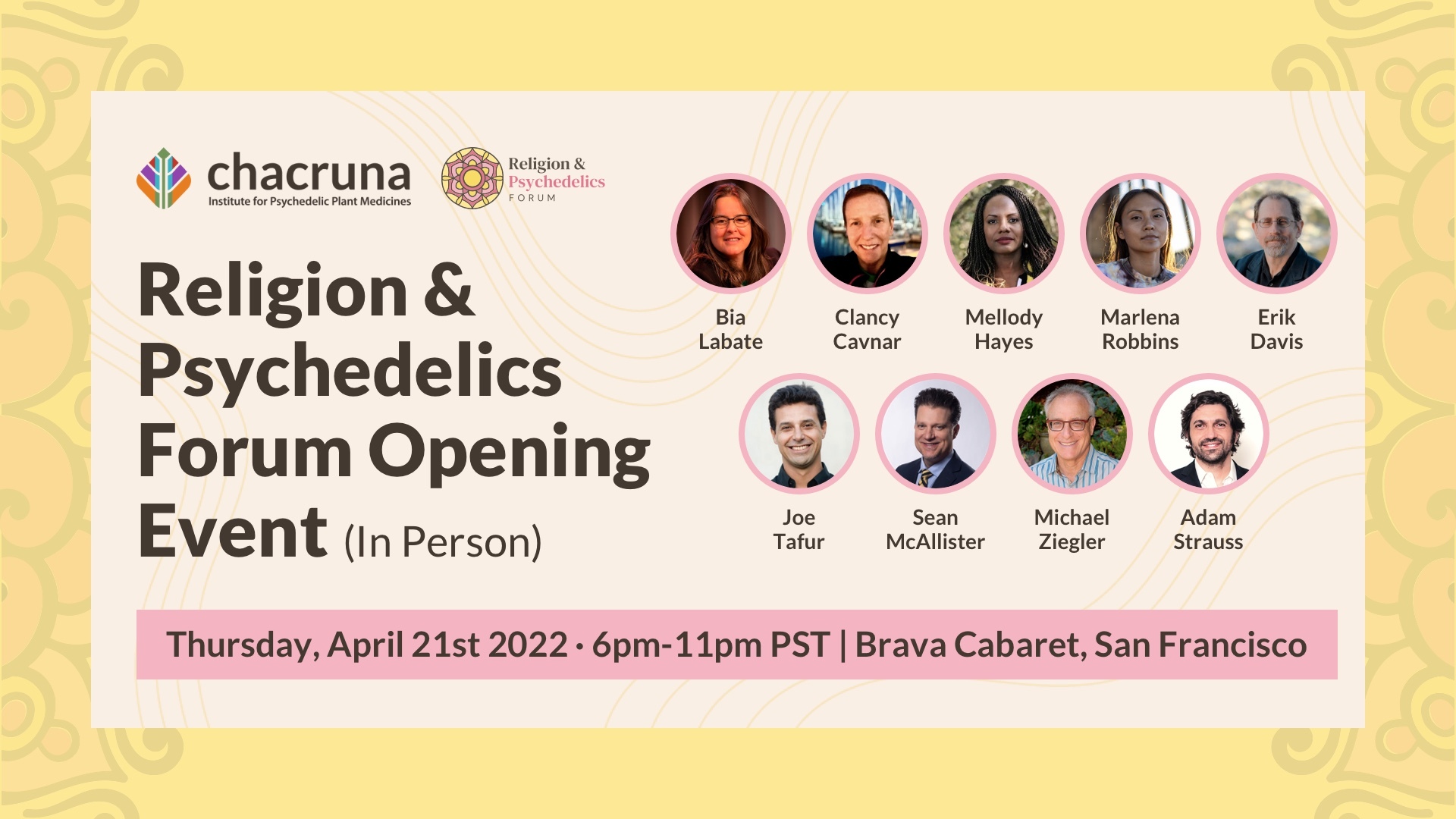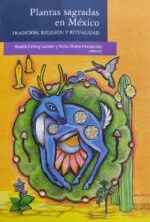- Marketing Internship (OPEN) - June 12, 2025
- Press Release – Chacruna Receives $150,000 Grant from Kindred Trust - June 10, 2025
- Events Production Internship (OPEN) - June 10, 2025
Thursday, April 21, 2022 [In Person]
Brava Cabaret
2773 24th Street, San Francisco
The “Religion & Psychedelics Forum” will consist of an optional in-person launch event on Thursday 21st of April in San Francisco, and 3 days of online forum from the 22nd to the 24th of April. You can buy your ticket for the in-person launc event without buying tickets for the 3 days of the online forum. For this, just click below to visit our Eventbrite page and on “Tickets” scroll down to the Add-on “In Person opening event @ Brava Theater”.
Explore Religion and Psychedelics Forum.
Note: Purchasing your ticket for this forum will grant you access for life to the recordings of the entire 3 days. The in-person event from the 21st won’t be recorded however.
Price $35 USD
With Bia Labate, Clancy Cavnar, Mellody Hayes, Marlena Robbins, Erik Davis, Joe Tafur, Sean McAllister, Michael Ziegler, Adam Strauss
Table by Bob Otis from Sacred Garden Community
Program
6:00 pm – Open doors
6:00-7:30 pm – Socialization
7:30-8:30 pm – Panel with Bia Labate, Clancy Cavnar, Mellody Hayes, Marlena Robbins, Erik Davis, Joe Tafur, Sean McAllister, Michael Ziegler, Adam Strauss
8:30-11:00 – Socialization
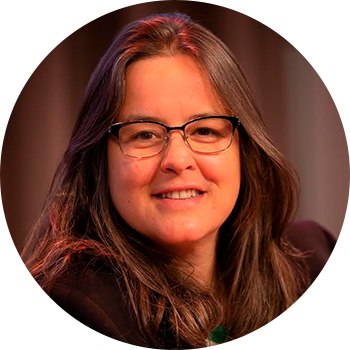
Dr. Beatriz Caiuby Labate (Bia Labate) is a queer Brazilian anthropologist based in San Francisco. She has a Ph.D. in social anthropology from the State University of Campinas (UNICAMP), Brazil. Her main areas of interest are the study of plant medicines, drug policy, shamanism, ritual, religion, and social justice. She is Executive Director of the Chacruna Institute for Psychedelic Plant Medicines (https://chacruna.net, https://chacruna-iri.org, https://chacruna-la.org). She serves as Public Education and Culture Specialist at the Multidisciplinary Association for Psychedelic Studies (MAPS), and Adjunct Faculty at the East-West Psychology Program at the California Institute of Integral Studies (CIIS). She is also Diversity, Culture, and Ethics Advisor at the Synthesis Institute. Additionally, she is a co-founder of the Interdisciplinary Group for Psychoactive Studies (NEIP) in Brazil and editor of its site. She is author, co-author, and co-editor of twenty-four books, two special-edition journals, and several peer-reviewed articles (https://bialabate.net).
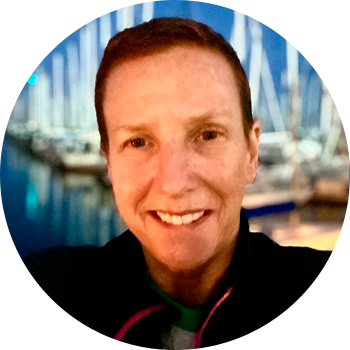
Clancy Cavnar has a doctorate in clinical psychology (Psy.D.) from John F. Kennedy University in Pleasant Hill, CA. She currently works in private practice in San Francisco, and is Co-Founder and a member of the Board of Directors of the Chacruna Institute for Psychedelic Plant Medicines. She is also a research associate of the Interdisciplinary Group for Psychoactive Studies (NEIP). She combines an eclectic array of interests and activities as clinical psychologist, artist, and researcher. She has a master of fine arts in painting from the San Francisco Art Institute, a master’s in counseling from San Francisco State University, and she completed the Certificate in Psychedelic-Assisted Therapy program at the California Institute of Integral Studies (CIIS). She is author and co-author of articles in several peer-reviewed journals and co-editor, with Beatriz Caiuby Labate, of ten books. For more information see: http://www.drclancycavnar.com
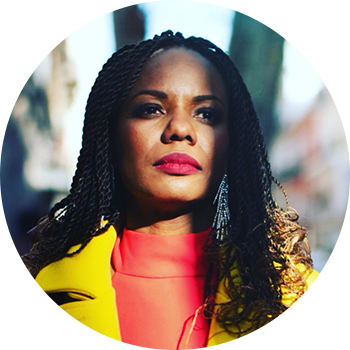
Mellody Hayes, MD is a Harvard graduate and UCSF-trained psychedelic medicine physician and anesthesiologist. She is a physician on the MAPS-sponsored FDA Phase 3 clinical trial of MDMA-assisted psychotherapy for Post-Traumatic Stress Disorder and is trained MDMA’s culturally-integrated applications for POC. Dr. Hayes is a cofounder of Decriminalize Nature and the former CEO of Ceremony Health, a psychedelic medicine clinic. Through her work, she creates a unified approach to the public health and clinical applications of psychedelic innovations to health disparities, perioperative surgical care, anxiety, depression, PTSD, and end-of-life anxiety. An award-winning writer and Voices of Witness Alumnus, her writings have appeared in the LA Times and Scientific American and her upcoming book addresses the intersection of psychedelic medicine, public health, social justice, and spirituality. As a public speaker, she has increased psychedelic health literacy through her presentations to the California State Legislature, SXSW, and internationally-popular podcasts.
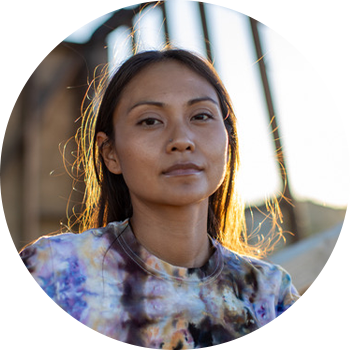
Marlena Robbins si dedicated to building my tribe’s connections with the sacred plant medicines focusing on psilocybin, ayahuasca and peyotzin, because I believe they can be instrumental parts of our healing. My intention is to bridge cultural knowledge of sacred plants with western clinical medicine, specifically in psychotherapeutic settings on tribal reservations. For centuries, our traditional use of sacred plants focused on healing the collective community through ceremony and its integration into our daily lives. The western model of health care has replaced our traditional practices, severing our connections to these sacred medicines. The return of psychedelics to the discussion surrounding mental health offers legal treatments that are only available to those wealthy enough to afford them, inhibiting access for Native populations.
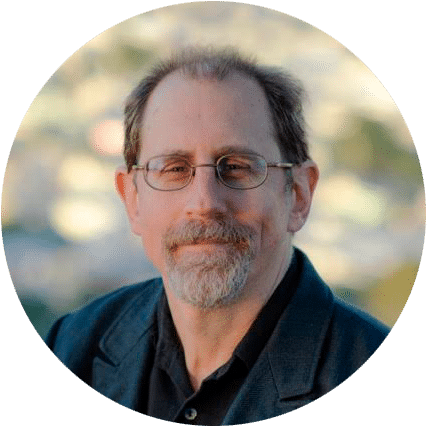
Erik Davis is an author, podcaster, award-winning journalist, and independent scholar based in San Francisco. His wide-ranging work focuses on the intersection of alternative religion, media, an the popular imagination. He is the author, most recently, of High Weirdness: Drugs, Esoterica, and Visionary Experience in the Seventies (2019) and performed the audiobook as well. He also wrote Nomad Codes: Adventures in Modern Esoterica (2010), The Visionary State: A Journey through California’s Spiritual Landscape (2006), a short critical volume on Led Zeppelin (2005), and the cult classic TechGnosis: Myth, Magic, and Mysticism in the Age of Information (1998). Erik’s scholarly and popular essays on music, technoculture, and spirituality have appeared in scores of books, magazines, and journals, and his writing has been translated into a dozen languages. Davis been interviewed by CNN, the BBC, public radio, and the New York Times. He graduated magna cum laude from Yale University, and earned his PhD in religious studies at Rice University. Erik sits on the Advisory Board of the Chacruna Institute for Psychedelic Plant Medicines.
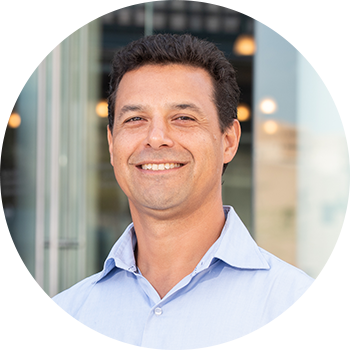
Joe Tafur, M.D., is a Colombian-American family physician originally from Phoenix, Arizona. After completing his family medicine training at UCLA, Dr. Tafur spent two years in academic research at the UCSD Department of Psychiatry in a lab focused on mind-body medicine. After his research fellowship, over a period of six years, he lived and worked in the Peruvian Amazon at the traditional healing center Nihue Rao Centro Espiritual. There he worked closely with master Shipibo shaman Ricardo Amaringo and trained in ayahuasca shamanism. In his new book “The Fellowship of the River: A Medical Doctor’s Exploration into Traditional Amazonian Plant Medicine,” through a series of stories, Dr. Tafur shares his unique experience and integrative medical theories. The book strives to illuminate the intersection between biology, emotion and spirituality. He is Co-founder of Modern Spirit, a nonprofit dedicated to demonstrating the value of spiritual healing in modern healthcare.
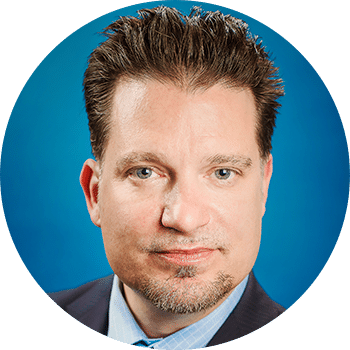
Sean McAllister is one of nation’s leading drug policy reform lawyers. Sean has pioneered legal and business strategies for entrepreneurs in the cannabis, hemp, recycling, and psychedelics spaces. His work in the psychedelic space has included advising religious organizations on their rights to use psychedelics as sacraments, seeking DEA licensure for a public company manufacturing psilocybin for clinical trials, helping psychedelic assisted therapists understand the risks of these activities, advising on what is legal in decriminalized cities, and understanding new state regulatory laws like Oregon’s Measure 109. Sean’s work on drug policy reform goes back 25 years, starting on the Colorado Prison Moratorium Campaign in the mid-1990s. From 2004-2012, Sean served the chair of the Board of Directors of the organization that ran the Colorado recreational marijuana legalization campaign that voters ultimately approved. Sean has also worked on broader drug policy reform issues as a member of the Colorado Commission on Criminal and Juvenile Justice. Sean is an appointed member of the Denver Psilocybin Mushroom Policy Review Panel, which was the first ballot initiative in the U.S. decriminalize the possession, cultivation and storage of psilocybin. Sean has been a legal advisor to other cities and states considering psychedelic decriminalization efforts, including the Decriminalize California campaign in 2020 and Decriminalize Seattle in 2021. Sean Chair of Board of Directors of the Chacruna Institute for Psychedelic Plant Medicines, and member of Chacruna’s Council for the Protection of Sacred Plants
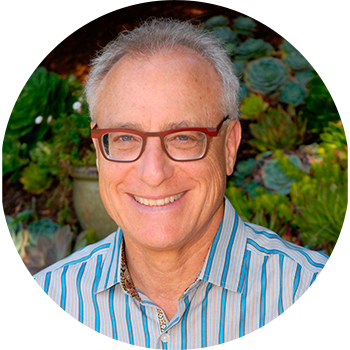
Michael Ziegler has over 40 years experience leading ceremonies in expanded states of consciousness. He has developed and refined programs that teach best practices for contemplative practice and psychedelic use and is a pioneer in the promotion of psychedelic chaplaincy.
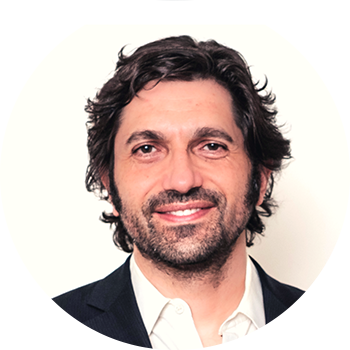
Adam Strauss is a writer and performer based in New York. His one person show The Mushroom Cure, the true story of how he treated his debilitating obsessive-compulsive disorder with psychedelics, is playing the Marsh Theater in Berkeley April 8th through May 27th. The New York Times said the show “mines a great deal of laughter from disabling pain,” The Chicago Tribune called it “arrestingly honest and howlingly funny”, Michael Pollan called it “brilliant, hilarious and moving” and Time Out New York named it a Critics’ Pick. Adam has a BA in Psychology from Brown University, and speaks about OCD and psychedelics at conferences, in articles, on podcasts.
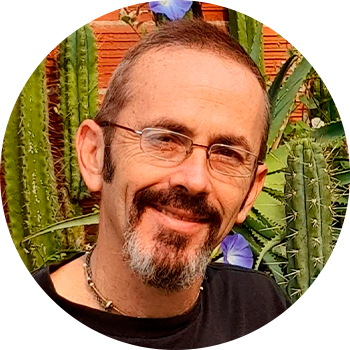
Bob Otis has over 35 years of direct experience with family, traditional and Western teachers who guide his work with entheogenic sacraments. Bob holds a Master’s in Divinity (University Chicago) and is an ordained Pastor and Chief Garden Steward for Sacred Garden Community. He was founding Chairperson for Decriminalize Nature Oakland, is a co-founder of Chacruna’s Sacred Plant Alliance, and is Chief Sacrament Officer for Mimosa, a Public Benefit Corporation. He is an invited Advisory Committee member to Oregon’s PMHA, California’s SB519, and Colorado’s NMHA decriminalization / legalization policy initiatives.
Gold Sponsors

Silver Sponsors

Bronze Sponsors

Take a minute to browse our stock:
Did you enjoy reading this article?
Please support Chacruna's work by donating to us. We are an independent organization and we offer free education and advocacy for psychedelic plant medicines. We are a team of dedicated volunteers!
Can you help Chacruna advance cultural understanding around these substances?


